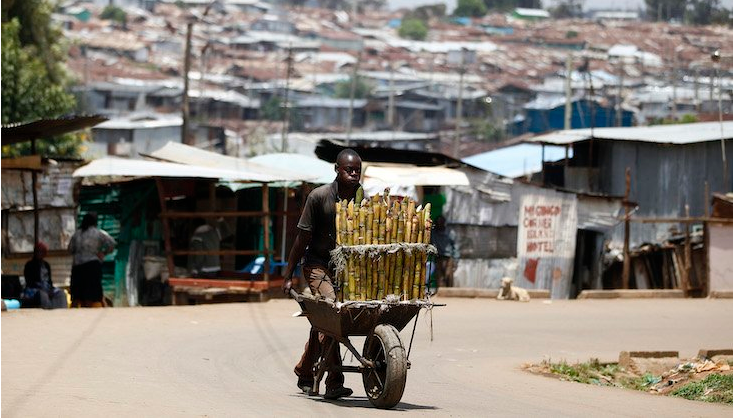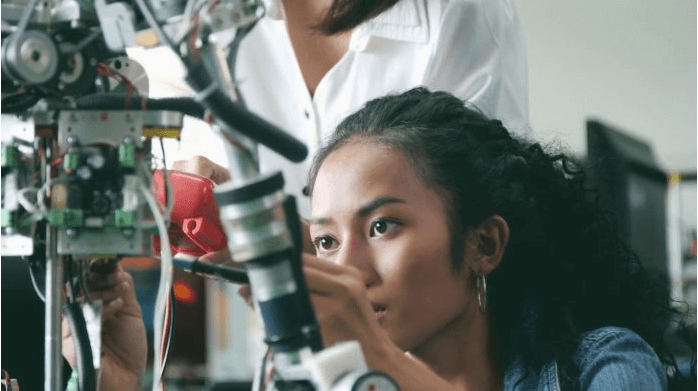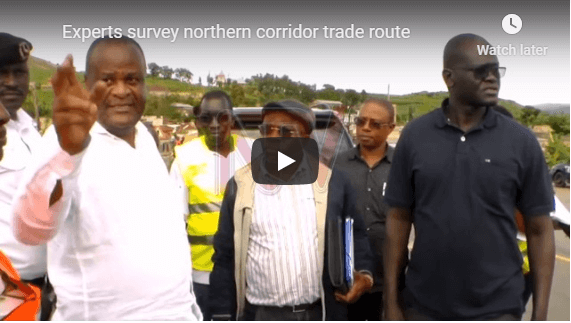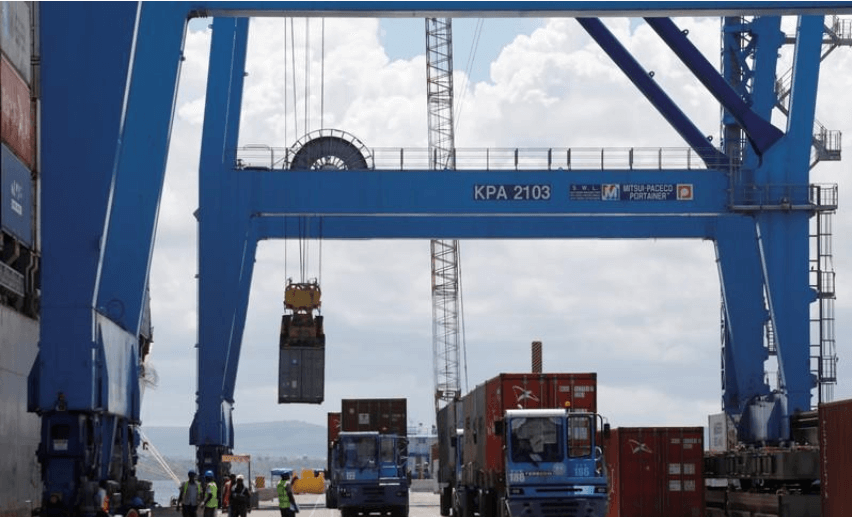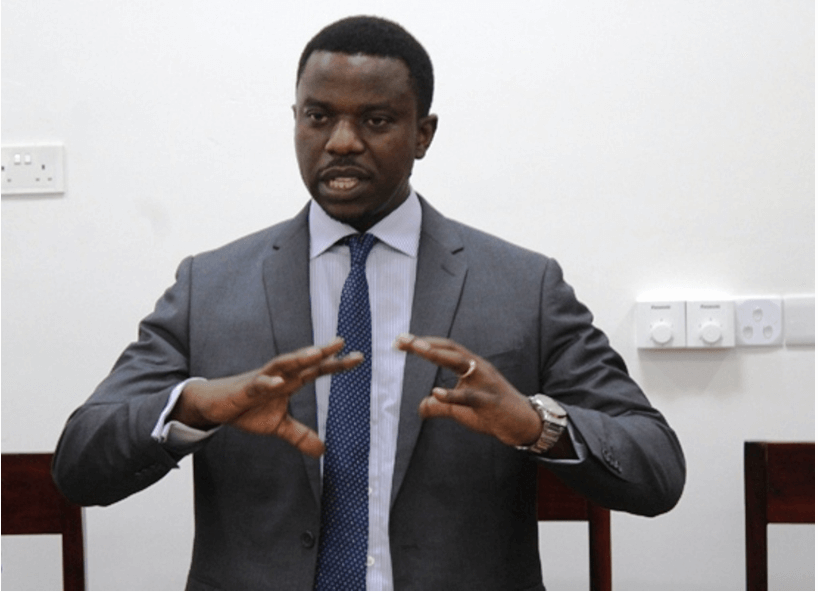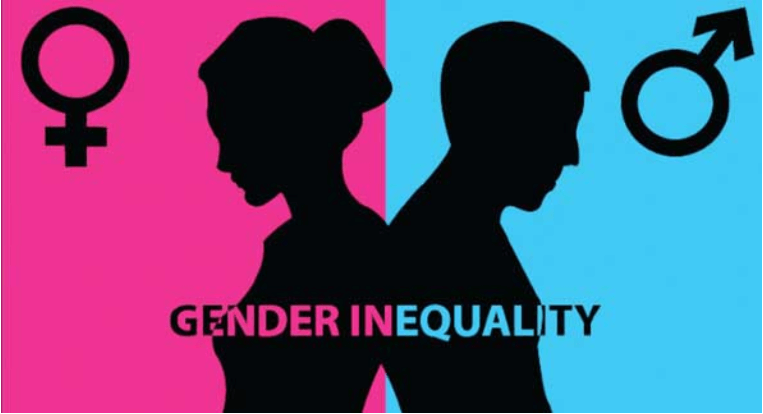That’s the main conclusion from a new report Africa’s Development Dynamics Achieving Productive Transformation, published by the African Union (AU) and the OECD on November 5. As it stands, productive transformation is not taking off, especially in the employment-intensive sectors where it is most needed, the report finds. Far from catching up, Africa is falling further behind emerging markets in Asia. The Africa-to-Asia labour productivity ratio has decreased from 67% in 2000 to 50% today, the report finds. African exports of consumption goods to African markets decreased between 2009 and 2016, both in dollar terms and relative to the continent’s GDP. “Without a strong and co-ordinated policy push,” the report says, “African firms risk losing out to new global competitors.” About 42% of Africa’s working youth live on less than $1.90 a day and only 12% of Africa’s working-age women were in waged employment in 2016, according to the report. The number of people on that income level increased by 31 million between 1999 and 2015 to 407 million. In some countries, almost 91% of the non-agricultural labour force remain in informal employment. The annual total of 29 million new entrants to Africa’s labour markets risks becoming a cumulative addition to the jobless total. If jobs for them are not found in one year, they will need to be created the next year. Clusters key Many entrepreneurs lack basic capabilities, the report finds. Most youth entrepreneurs in Côte d’Ivoire and Madagascar lack skills in areas such as bookkeeping, multi-year planning and human resources. The AU and...
‘Africa needs to close productivity gap to avert jobs crisis’ – OECD
Posted on: November 13, 2019
Posted on: November 13, 2019

